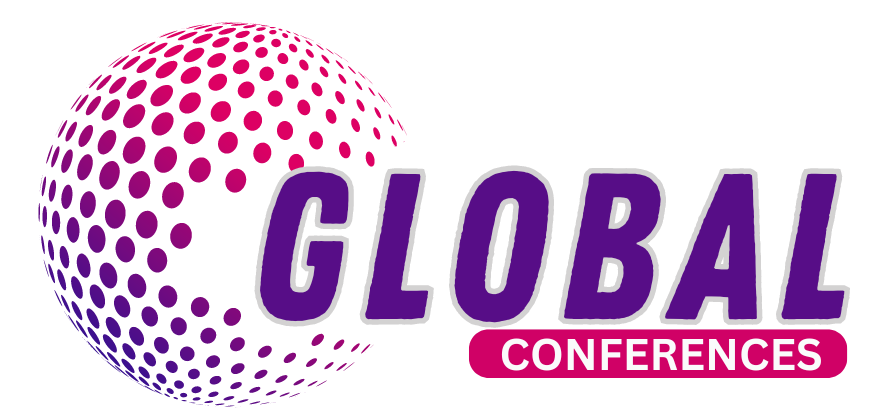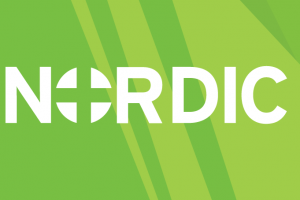What’s the technical solution for the health IT interoperability challenge? Do you know? You probably should. Chances are you interact with it frequently.
It’s Amazon, Expedia, Quicken, Concur, etc.
Really, it’s just about any Web site that sells something and enables the use of a credit card. Think about it. You order a book and within moments Amazon’s massive database of partners, products and customers assesses stock availability and pricing, and then securely interacts with your banking system to complete your order. Amazon partner systems update automatically. This cloud-based interoperability, which has revolutionized travel, banking, etc., could yield great benefits in healthcare as well.
Because our industry is still in diapers, we focus on the lack of basic interoperability and ruminate on why EHR vendors struggle (aka, refuse) to share even basic patient data. But we must take heart, health IT friends, stiffen our upper lips and look to trends and examples that create optimism (i.e., help get us out of bed in the morning): 21st century interoperation is happening in health IT.
In a recent interview with Healthcare Dive, Athenahealth CEO Jonathan Bush laid out a vision for how the cloud is the disruptive technology to bring healthcare into the Internet age. He describes “level three interoperation,” where two cloud-based systems connect once and support multiple interoperations that accomplish more than just data sharing.
The examples of this being done successfully, Bush argues, are as common as the relationship between United Airlines and travel planner Kayak. “You don’t have to go customer by customer to connect to United. Everyone in the country can automatically drive United’s ticketing system through Kayak.”
I know this type of interoperation well. My tool is a travel portal called Concur, which instantly accesses seat availability through the cloud-based systems of various airlines. Benefits accrue to Concur, the airlines and customers by interoperating through the cloud.
Athenahealth is driving toward an “always-on, totally-reliable national healthcare Internet,” not just the point-to-point data sharing so inadequately supported today by what Bush calls “pre-Internet EHR vendors” like Epic and Cerner.
The influence of the cloud on healthcare is both intriguing and necessary. Current, localized server implementations and hospital-specific configurations have yielded a hopelessly complex health IT patchwork that requires an encyclopedia of interfaces to realize true interoperability and sharing of patient data.
Outside healthcare, the cloud enables competition. If some company can beat Amazon at the online merchandising game, they are free to do so. And wouldn’t it be great to purchase healthcare services as easily as we order a book?
But I’m not so naïve as to think healthcare is a jigsaw with only a dozen pieces. While the cloud may be necessary, the complexity of American healthcare means it is probably not sufficient. Time is not a luxury, so Congress must get involved and apply maximal pressure on health IT vendors to reform while creating business drivers that compel disparate health care providers to coordinate care i.e., interoperate.
The drivers are value-based healthcare purchasing, coordinated accountable care and reimbursement for quality, not merely services. Is there a viable technical approach to these goals other than the cloud?


























